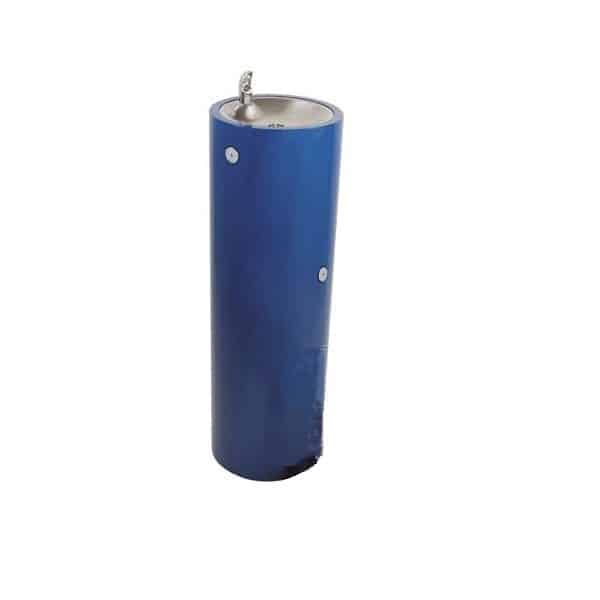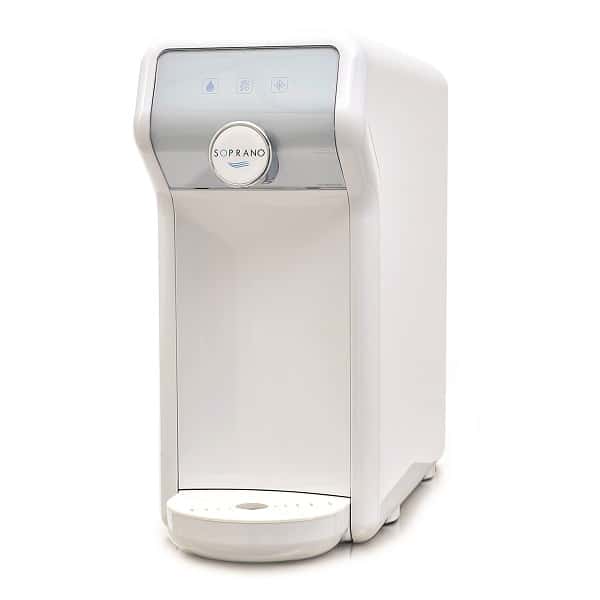Academy
Spa brands
In this section you will find a range of practical information related to our solutions. In the articles, we share our experience, discuss implementation steps and highlight good practices. It is a reliable source of information and advice on the provision of drinking water in public spaces, the legal regulations in this area, the benefits of installing drinking water dispensers and the technological aspects in this field.
We look forward to reading!
Ensuring access to drinking water in public spaces based on the provisions of EU Directive 2020/2184
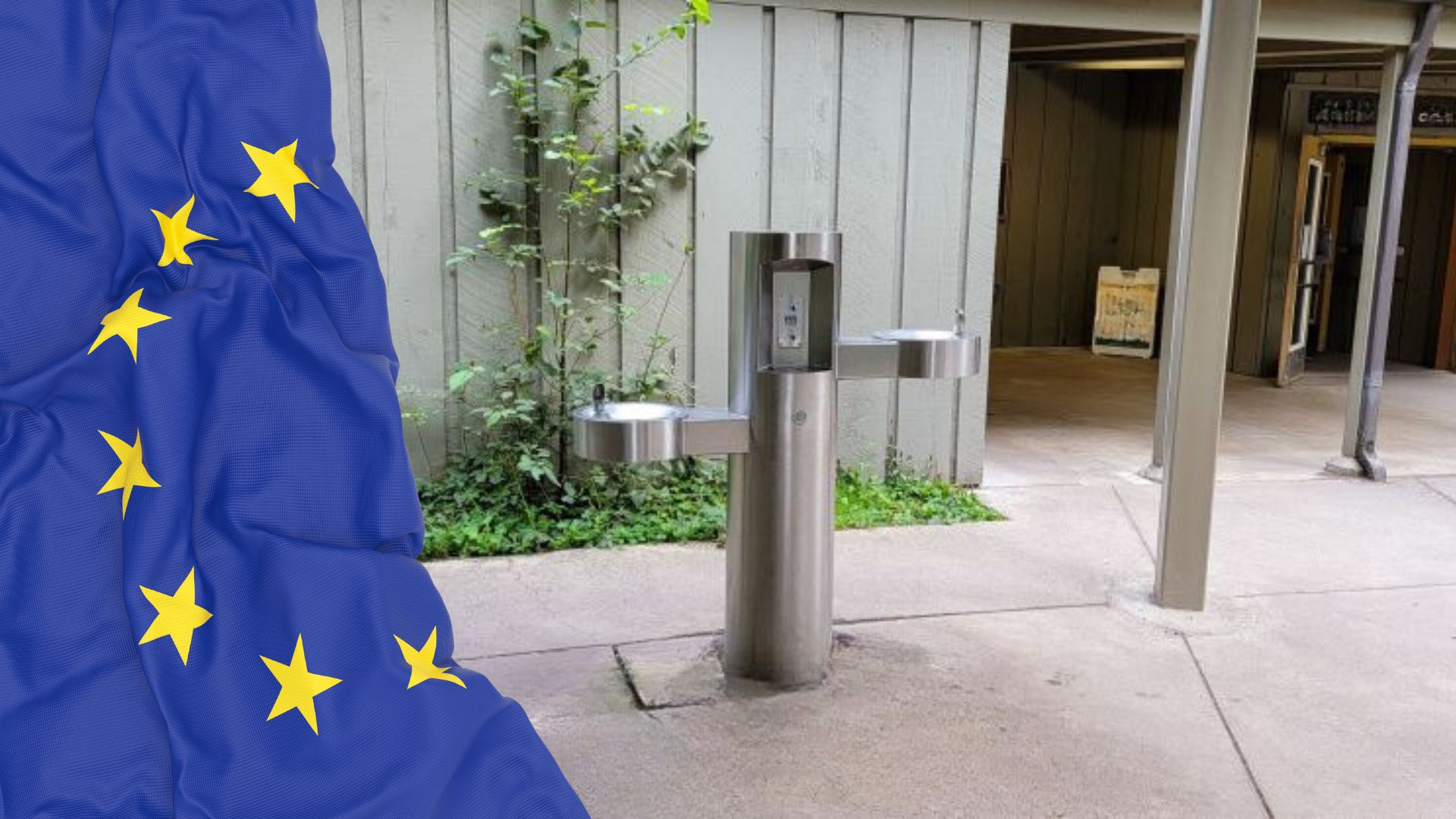
Drinking water, a fundamental resource essential to life, is increasingly becoming a central topic in discussions about public health and citizens' quality of life. In response to these issues, the European Union has adopted Directive 2020/2184, which requires member states to provide access to drinking water in public spaces. Within this directive, waterholes are cited as one of the solutions to meet this obligation.
Directive 2020/2184 is an expression of the European Union's commitment to promoting healthy lifestyles and protecting the environment. It is an important step towards guaranteeing citizens' rights to clean and accessible drinking water, wherever they are. The implementation of this directive requires cooperation between different public administrations, local authorities, as well as companies in the water sector.
One of the main solutions given in the directive are drinking water outlets. These can be public fountains, springs, drinking taps in public places, as well as bottle filling stations. Their presence in public spaces aims to provide citizens with easy access to drinking water without having to buy plastic bottles, which in turn contributes to reducing waste and promoting sustainable lifestyles.
Improving lives and reducing plastic waste
The implementation of Directive 2020/2184 not only improves the quality of life of citizens, but also contributes to the protection of the environment. Reducing the use of plastic bottles reduces the amount of waste created by water consumption, which in turn contributes to reducing plastic pollution of our planet.
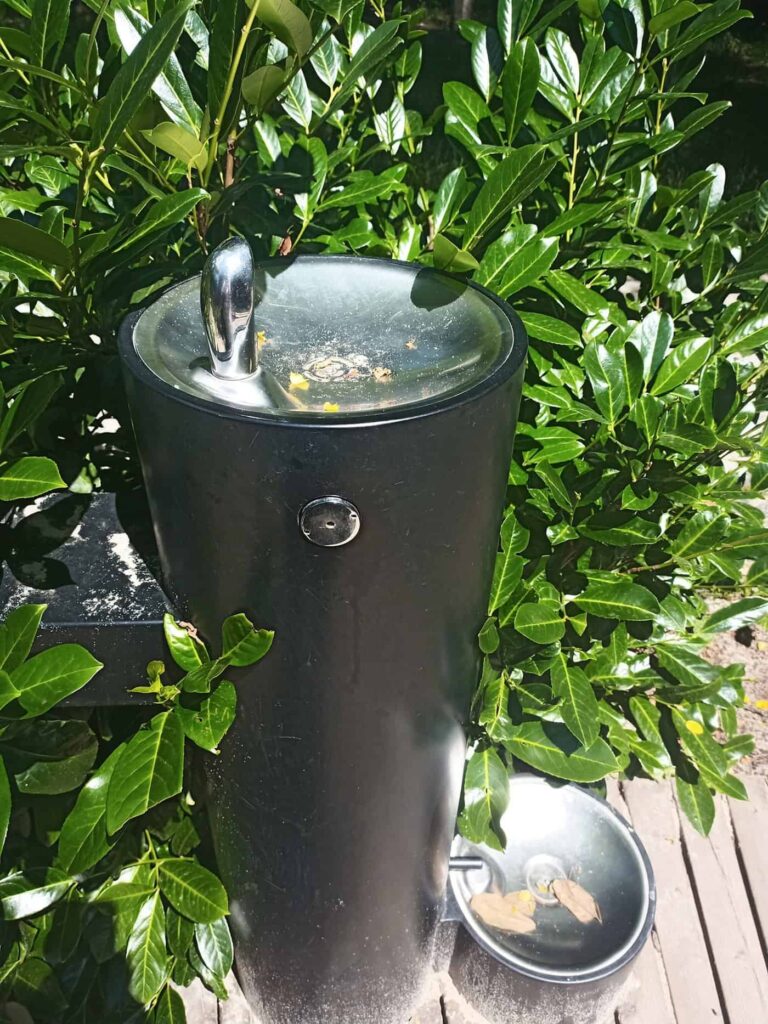
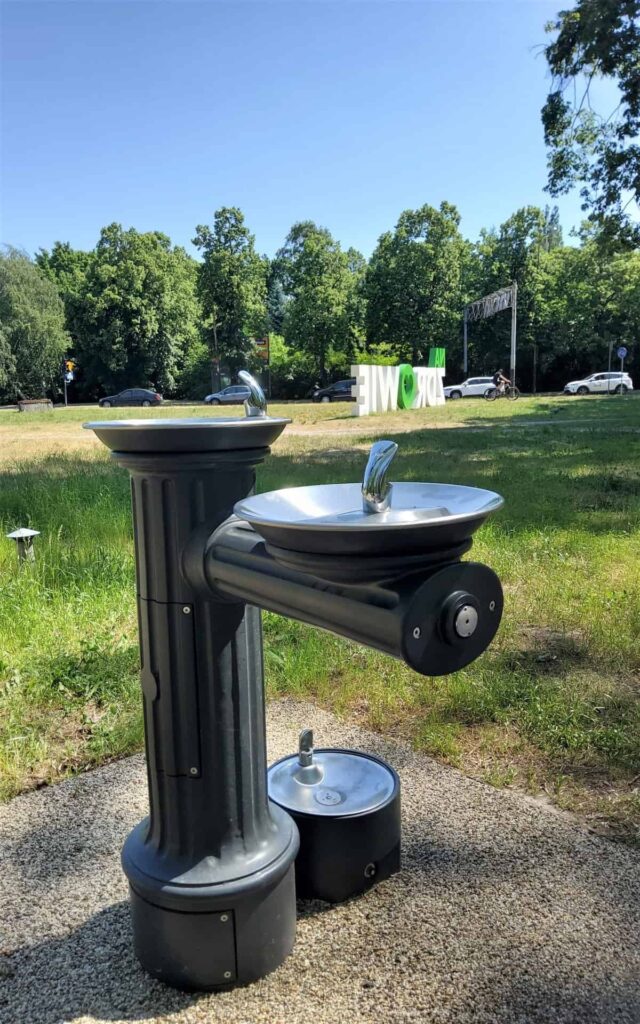
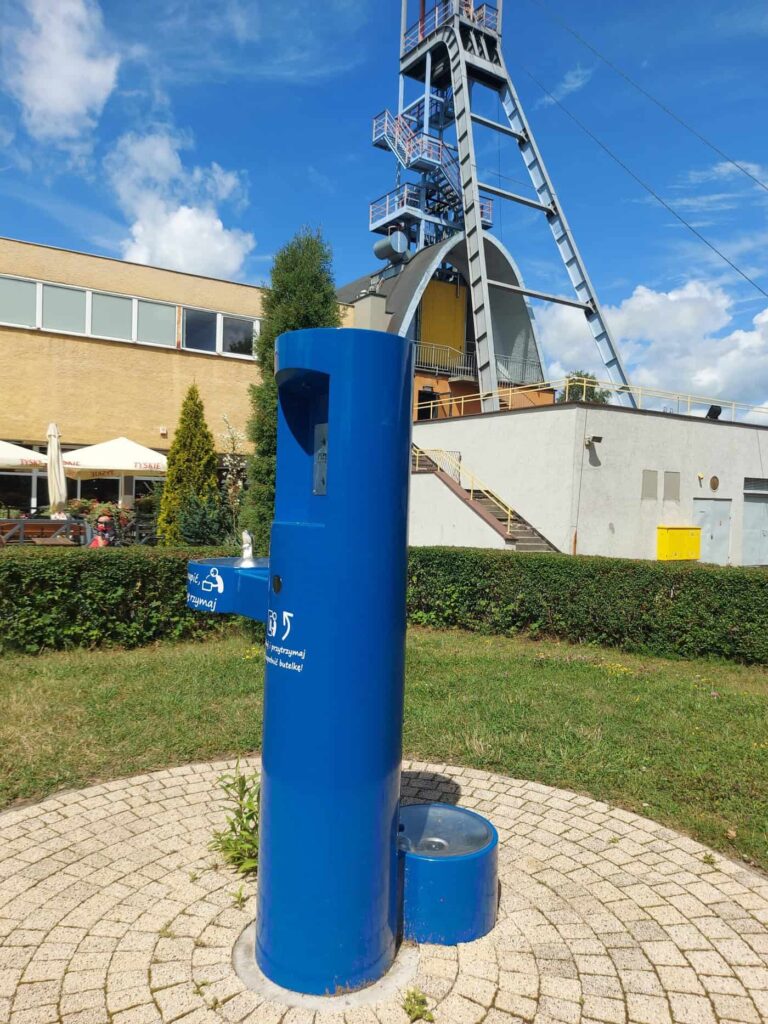
However, to ensure effective implementation of the Directive, it is necessary to take into account the diverse needs of local communities and to provide adequate financial support to institutions responsible for the provision of drinking water in public spaces. In addition, it is necessary to monitor the quality of the water supplied and to maintain appropriate sanitary standards in the places where it is made available.
Challenge and proven solutions
The proposal of European Union Directive 2020/2184 on access to drinking water in public spaces demonstrates a commitment to promoting public health, protecting the environment and ensuring equity of access to essential resources. At the same time, it challenges Member States to work together to achieve these goals, bearing in mind the diversity and individual needs of their communities.
Our solutions are a proven way of meeting EU requirements and adapting spaces to the needs of society. The wide range of choices means that they can be perfectly integrated into the surroundings, are resistant to damage and, above all, ensure the distribution of water in a hygienic and convenient manner.




